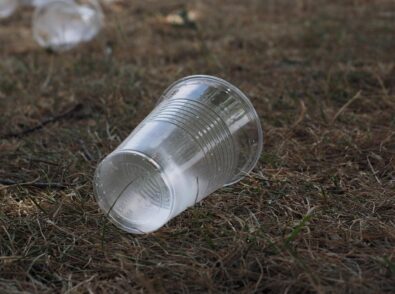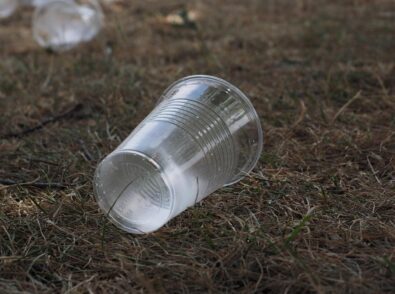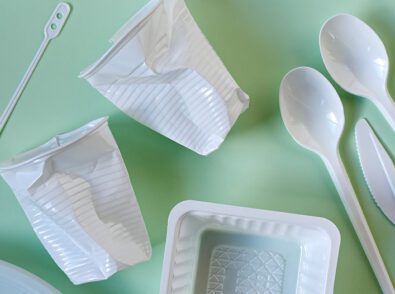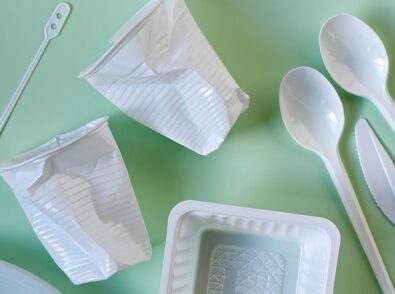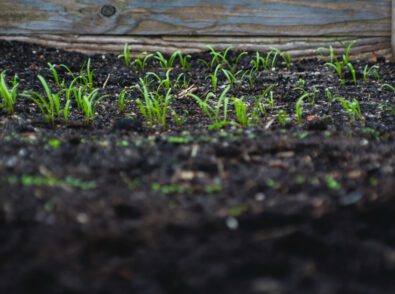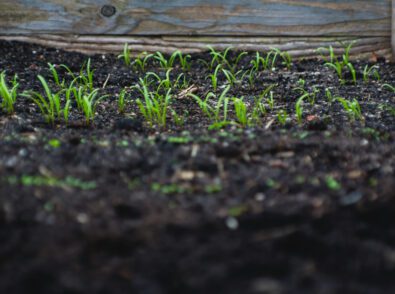New Greenprint PHA Marine Degradable Straws
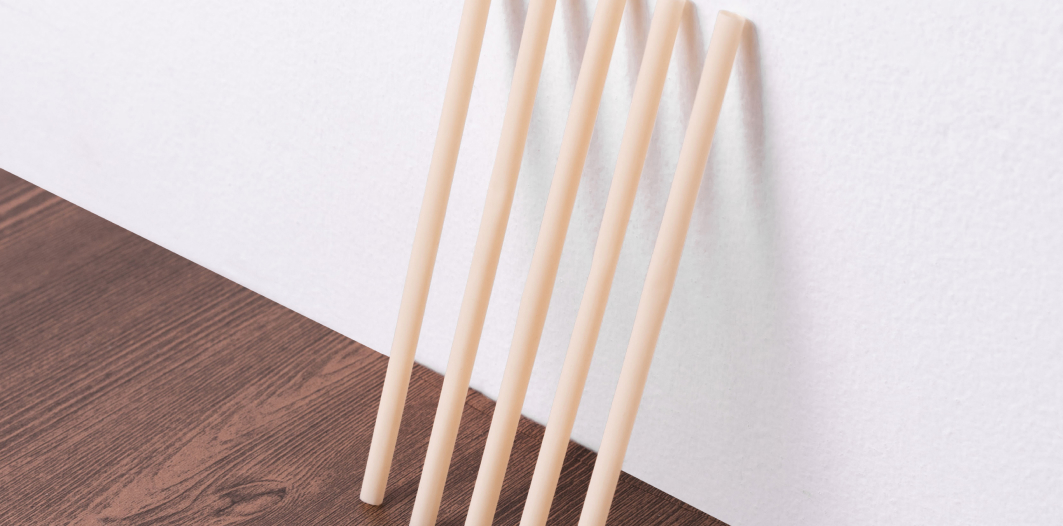
Greenprint is 100% committed to a circular, sustainable economy free from plastic waste. It’s a tall order, but we’re doing our part through education, innovation, and advocacy to support the foodservice industry in its transition from single-use plastics.
There’s no question; straws are one of the biggest culprits in plastic pollution. In the US alone, it’s estimated that more than 500 million disposable plastic straws are used and discarded daily. Many end up in our waterways and marine environments, where they will remain for hundreds of years.
Aside from the volumes of waste they produce, plastic straws cause significant harm to marine life. Additionally, when they break apart into smaller pieces, they become microplastics, tiny particles that travel through the marine ecosystem, into the food we eat, and into the human food chain. Microplastics have already been detected in our blood.
Our commitment to sustainability and innovative product development has led us to develop what we feel are some of our most exciting products to date. Our new marine-compostable product line uses Danimer Scientific Nodax PHA derived from canola. This unique bioplastic looks and performs as well as traditional plastics but is certified biodegradable and safe for people and the planet.
Today we’ll discuss Nodax PHA, what it is, how it’s made, and why we feel it’s the future of single-use plastics.
What is Nodax PHA?
Nodax PHA is a type of bioplastic engineered by Danimer Scientific and made from the fermentation of plant oils like canola or soy. Their proprietary process is wholly sustainable and renewable, representing a superior beginning and end-of-life compared to traditionally-made single-use plastics.
Nodax PHA is biodegradable and compostable in home and industrial compost programs. It’s also marine biodegradable, setting it apart from other bioplastics. Nodax PHA is designed to break down into natural elements that are readily reabsorbed into the ecosystem.
Unlike other biodegradable plastics that break down into smaller yet still dangerous plastics, Nodax PHA breaks down in marine environments, making it superior to other bioplastics at its end of life. Nodax PHA is heat resistant, UV-resistant, and has properties remarkably similar to plastic, and an excellent alternative to traditionally made plastics for food containers and other single-use items.
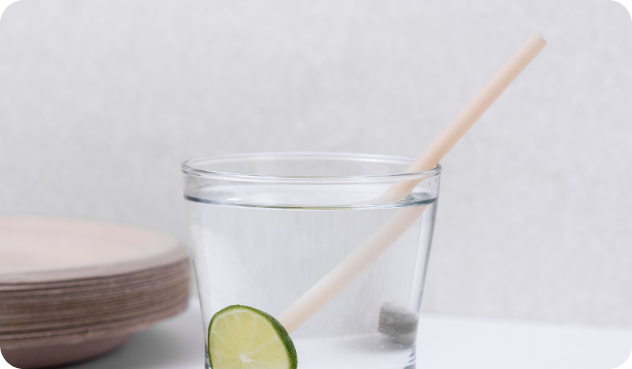
How is Nodax PHA Made?
Nodax PHA is made through a fermentation process that involves using microbes such as Pseudomonas, Alcaligenes, and Methylobacterium.
These microbes transform plant oils and starches into polymer chains that are harvested and refined into biodegradable plastic pellets. The production process is relatively simple, energy-efficient, and requires low capital costs.
Danimer Scientific has perfected a method of manufacturing Nodax PHA in such a way that there is little waste produced in the process. They start by harvesting the canola or soy seeds, which are then crushed to create an oil. Any castoffs from the crushing process are used as fertilizer or feed for livestock.
Naturally occurring bacteria in the soil ferments the seed oil, which is separated, purified, and dried to create PHA feedstock, which is then used to create various products. When the product is exposed to microbial activity, it will decompose; hence it will break down in home compost, industrial compost, soil (landfills), freshwater, or saltwater.
Nodax PHA decomposes similar to how wood or plant cellulose breaks down, as microorganisms feed off it. Other types of bioplastics, like PLA, are a bit more challenging in this regard as they require high heat and must be disposed of through an industrial composting program.
Nodax PHA is highly versatile and capable of performing much like petroleum-based plastics. Danimer Scientific works with companies in many industries to produce Nodax PHA resins for various uses, including shopping bags, cups, lids, water bottles, utensils, toys, diaper linings, and more.
TÜV-Certified Biodegradable
Nodax PHA is certified biodegradable by the internationally recognized TÜV Rheinland, one of the world’s most stringent testing standards. It is the first bioplastic to receive this certification.
TÜV found Nodax PHA to biodegrade completely in soil, home compost, industrial compost, marine water, freshwater, and even anaerobic conditions as long as microbial activity was present.
Nodax PHA’s ability to biodegrade in home compost and marine environments is particularly unique, as most bioplastics are incapable of doing so. Biodegradation in home composting occurs at relatively low temperatures, so most bioplastics will not break down—Ditto for marine environments. Without high heat, a compostable straw that ends up in a landfill or the ocean will remain there for decades or even centuries and may cause harm to the environment.
Marine-Biodegradable
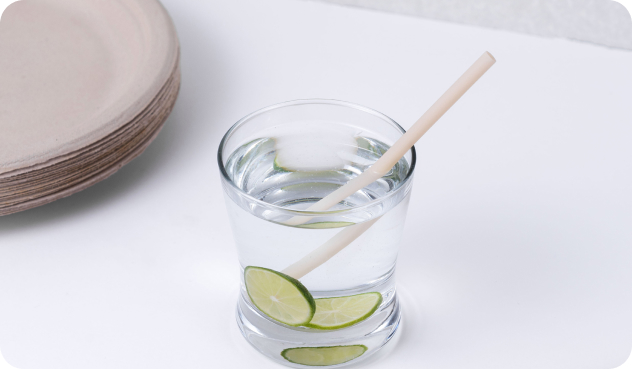
We’ve discussed Nodax PHA’s end-of-life process and how it breaks down. The fact that Nodax PHA is marine biodegradable is especially vital to us as we are an Ocean Friendly Business, working closely with and supporting organizations that monitor, protect, and restore coastal waterways. One of the ways we carry that forward is by innovating and offering products that are kind to our oceans.
Our new marine-biodegradable line is made exclusively from Nodax PHA. Even if our biobased PHA straws and single-use items end up in the water, they will break down quickly and not leave any harmful residue.
We know we can’t single-handedly change the world or solve the overwhelming plastic waste problem, but we are doing our part—and Nodax PHA is our new MVP.
In creating products from Nodax PHA and marketing them to foodservice outlets and restaurants, we hope to foster change and demonstrate how easy it is to embrace sustainability and commit to doing right by our planet.
The time to act is now. Single-use plastic ban deadlines are looming for many states. Plastic alternatives are available, and more are in the pipeline. But many businesses are still searching for affordable products that look and perform like petroleum-based plastic but are easier to dispose of than other bioplastics. We feel we’ve found the ideal solution in Nodax PHA, and we hope you will too.
Shop our selection of marine-biodegradable biobased PHA straws today.
References
- https://www.nationalgeographic.com/environment/article/news-plastic-drinking-straw-history-ban
- https://www.beyondplastics.org/fact-sheets/plastic-straws
- https://www.theguardian.com/environment/2022/mar/24/microplastics-found-in-human-blood-for-first-time
- https://danimerscientific.com/pha-beginning-of-life/
- https://www.ncbi.nlm.nih.gov/pmc/articles/PMC99007/
- https://www.nicoyawaterkeeper.org/en/
- https://www.greenpeace.org/usa/news/bidens-epa-proposes-action-to-reduce-plastic-production/

